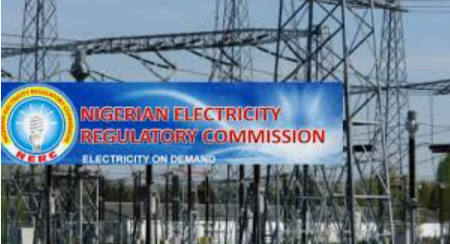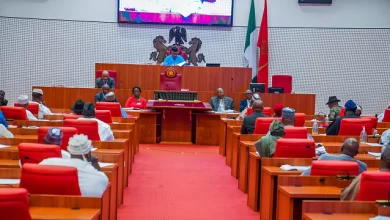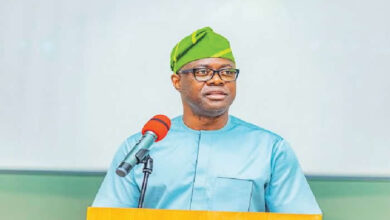FG To Spend N2.4tn On Power Subsidies In 2024 As Sector Reforms Intensify

The Federal Government of Nigeria, through the Nigerian Electricity Regulatory Commission (NERC), has projected an expenditure of approximately N2.4 trillion on electricity subsidies by the end of 2024. This was disclosed by Dr. Yusuf Ali, NERC’s Commissioner for Planning, Research, and Strategy, at PwC’s Annual Power and Utilities Roundtable in Lagos on Thursday. Themed “Reigniting Hope in Nigeria’s Electric Power Sector,” the event brought together industry stakeholders to address the challenges and opportunities within Nigeria’s electricity sector.
Rising Costs of Power Subsidies
Dr. Ali highlighted that the subsidy figure had already reached N1.9 trillion by November 2024, with monthly subsidies projected to rise to N260 billion in December due to foreign exchange fluctuations and adjustments in electricity tariffs. He explained the calculation process:
“Every month, we calculate the difference between the cost-reflective tariff and the approved tariff to determine the subsidy amount. The N2.4 trillion is an annual estimate but may adjust based on monthly cost-benefit trends,” he noted.
Ali further stated that the final subsidy figure would be determined by year-end, reflecting actual consumption patterns and tariff variations.
Calls for Cost-Reflective Tariffs
In his address, the Minister of Power, Adebayo Adelabu, represented by his Chief Technical Adviser, Adedayo Olowoniyi, emphasized the need to implement cost-reflective tariffs to attract investment and ensure sector sustainability.
“We cannot dance around the fact that a market that does not create a line of sight of return for investors will not get investment,” Adelabu stated, stressing that achieving 24-hour electricity and universal access would be impossible without these reforms.
Sector Reforms and Challenges
The Minister outlined various initiatives under the Renewed Hope Agenda aimed at overhauling the power sector. These include:
1.Implementation of the Electricity Act of 2023 – A legislative framework to liberalize and modernize the electricity sector.
2.The Presidential Power Initiative (PPI) – A collaboration with Siemens to improve infrastructure and expand power capacity.
3.Draft Integrated National Electricity Policy – Developed in partnership with PricewaterhouseCoopers (PwC), this policy aims to address inefficiencies, foster market discipline, and ensure subsidies are targeted at vulnerable groups.
Adelabu acknowledged the sector’s persistent challenges, including:
•Frequent grid disturbances caused by capacity inadequacies.
•Vandalism of infrastructure, with nearly N10 billion spent by the Transmission Company of Nigeria on repairs in six months.
•Ageing infrastructure and inefficiencies across the electricity value chain.
“Our successes have not been without challenges. Frequent grid disturbances and vandalism have impacted progress. However, we are focused on upgrading substations and enhancing transmission and distribution networks,” he said.
Path to Sustainability
The Minister called for collective action among stakeholders, urging innovation and bold reforms to restore confidence in the sector. He noted that the draft Integrated National Electricity Policy would serve as a strategic roadmap, prioritizing infrastructure development, energy delivery efficiency, and market stability.
“Hope is not passive. We must innovate and implement bold ideas to deliver a sustainable energy future for all Nigerians,” Adelabu concluded.
A Crossroads for Nigeria’s Power Sector
As the government pushes for reforms, the rising cost of subsidies underscores the urgency of achieving cost-reflective tariffs and attracting investment. While these changes may be met with resistance, they are seen as essential steps toward stabilizing Nigeria’s electricity supply, fostering economic growth, and improving the quality of life for millions of Nigerians.



